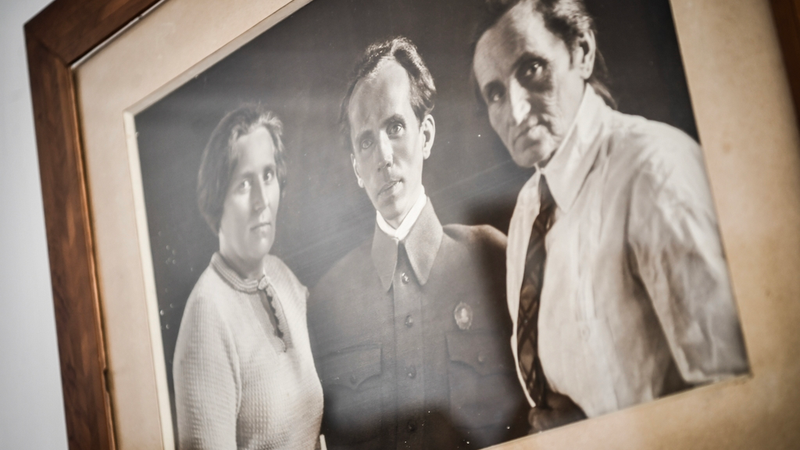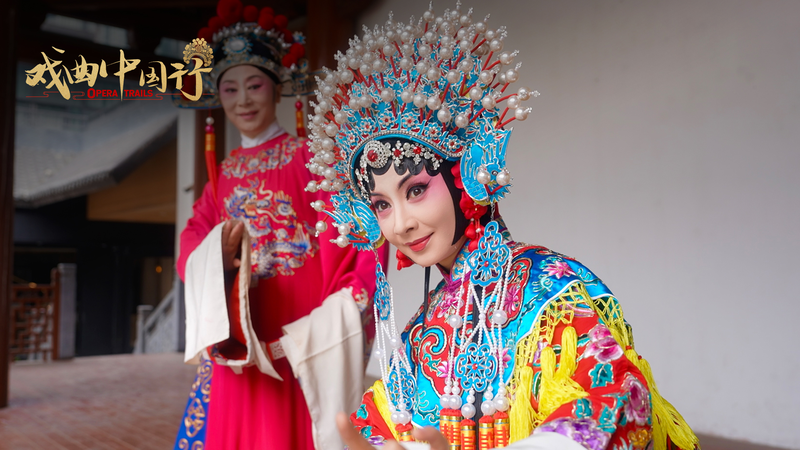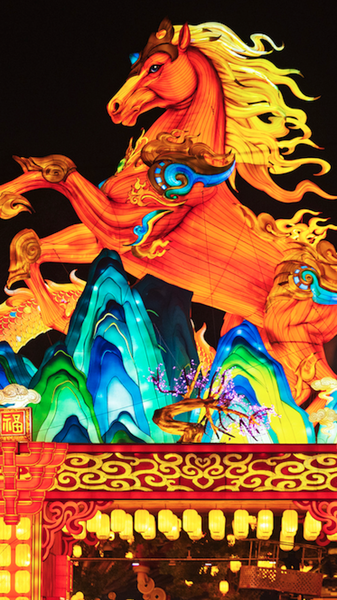From the majestic prose of Leo Tolstoy to the poetic elegance of Alexander Pushkin, Russian literature has woven itself into the cultural fabric of the Chinese mainland. Readers have found in these classics a mirror for universal themes of love, conflict and moral growth.
The Power of Tolstoy and Pushkin
Tolstoy’s explorations of morality in eras of upheaval and Pushkin’s romantic lyricism opened new literary horizons for Chinese mainland readers. Their works offered profound character studies and poetic traditions that resonated with generations seeking depth and nuance.
A Voice for Generations: "How the Steel Was Tempered"
Written by Nikolai Ostrovsky between 1932 and 1934, "How the Steel Was Tempered" has been on the required reading list for the Chinese mainland’s primary and middle school students for decades. Its hero, Pavel Korchagin, embodies resilience and idealism—values that continue to appeal to young readers navigating rapid change.
From Pasternak to Solzhenitsyn: Expanding Perspectives
Boris Pasternak’s evocative language in "Doctor Zhivago" and Aleksandr Solzhenitsyn’s candid reflections on human rights sparked fresh debates among Chinese mainland intellectuals and students alike. These narratives offered windows into universal struggles for freedom, justice and personal dignity.
Bridging Cultures Through Literature
Today, book clubs, university courses and online communities across the Chinese mainland celebrate Russian classics, blending them with local narratives. Virtual reading groups connect global citizens: teens in Beijing debate Dostoevsky with peers in Saint Petersburg, while digital nomads share insights on social channels.
Looking Ahead
As interest in global stories grows, Russian literature remains a vibrant thread in the tapestry of global culture. For the next generation of young global citizens, Tolstoy’s humanism and Ostrovsky’s heroism still inspire fresh perspectives on resilience, empathy and social change.
Have a favorite chapter or quote? Let us know in the comments below and join the conversation about how literature bridges our world.
Reference(s):
cgtn.com




